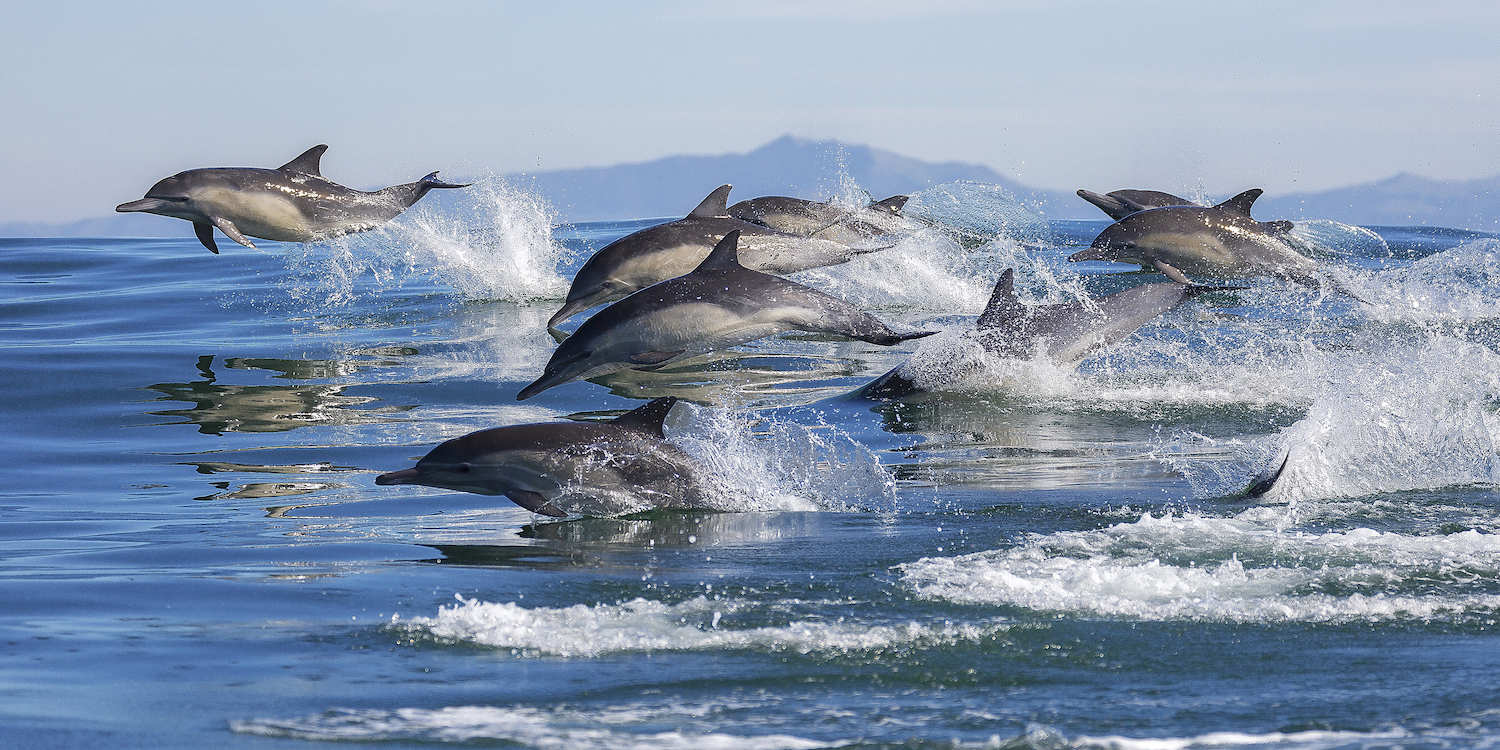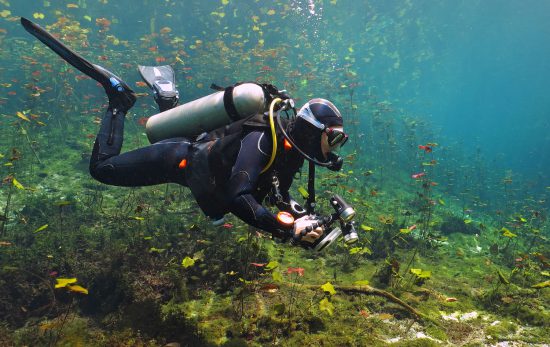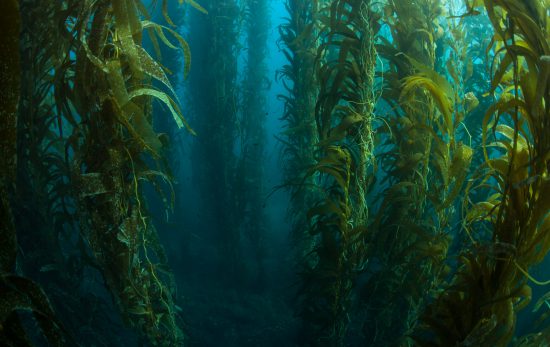Written by Casper Ohm
This year’s coronavirus crisis has had a profound effect on nations and populations across the globe. It has changed the way we work, communicate, shop, and enjoy our recreation time — and in many ways, it has bought us closer together.
In spite of the challenges we’ve faced courtesy of COVID-19, a few silver linings, many of which we’re still discovering, have come to the fore. In particular, the environment is being given a lifeline, a period of respite time to recuperate from heavy emissions and past pollutants.
Much media attention has focused on the dramatically lowered carbon emissions brought about by fewer cars on the road, among other factors, but less focus has gone on how our reefs and oceans are faring, even though the two are inextricably linked by atmospheric and sea temperatures.
Here, we take a look at some of the ways the coronavirus is positively impacting our dive sites, waterways, and seas.

Happier cetaceans?
As reported by the Guardian, researchers are studying the effects of lowered underwater noise pollution on marine mammals. Ocean Networks Canada, an organization located near the busy port of Vancouver, has reported a steep fall in the low-frequency sounds that are the result of shipping.
Noise in the 100 Hz range has a proven effect on marine mammals, both in terms of stress levels and the amount of communication between individuals. With noise pollution dropping in line with decreased shipping activity, there’s an expectation the chronic stress cetaceans experience will be relieved.
Another positive effect of less boat traffic has been seen in Venice. The city’s famous waterways are clear for the first time in living memory for many residents. No traffic means sediment on the bottom of the canals remains undisturbed and fish are now visible.
Unfortunately, a viral tweet supposedly showing dolphins “returning” to the canals was an instance of misinformation. But the city’s waters are looking much healthier, as satellite images show.
Disrupting the status quo
A new study produced by UN agency, the Economic and Social Commission for Asia and the Pacific (ESCAP), posits a way forward for greater ocean sustainability and resilience post-pandemic, using the current crisis as a powerful prompt to disrupt the status quo. The report also highlights the need for international conventions governing sustainable shipping, fishing practices, and the management of marine pollution.
ESCAP is not alone here, around the world many nations, organizations, and climate scientists are questioning how they can use the coronavirus as a springboard to better practices both on land and at sea.
Divers uniting for dive site health
All around the world and in dive meccas in each nation, professional and avid divers alike have more time on their hands. This has lead to an uptick in the number of mass-scale clean-up dives and ocean-forward initiatives.
Dive centers are in on the act too and creating programs that see their tanks being put to use pulling trash out of the oceans. Meanwhile, vast tracts of so-called ghost nets are being hauled away from the seas in a move that prevents further marine creatures from being killed or injured.
Positive, grass-roots movements such as these set precedents for the future that divers can help lead while we wait to strap on our tanks and fun dive again.
While it might be too soon to fully predict the environmental impact of the coronavirus, early evidence and studies are showing some very positive effects.
If nations across the world take this opportunity to shift towards greener, more sustainable practices, we may see some very real benefits to both our atmosphere and our waterways, which for divers, can only be a good thing.

